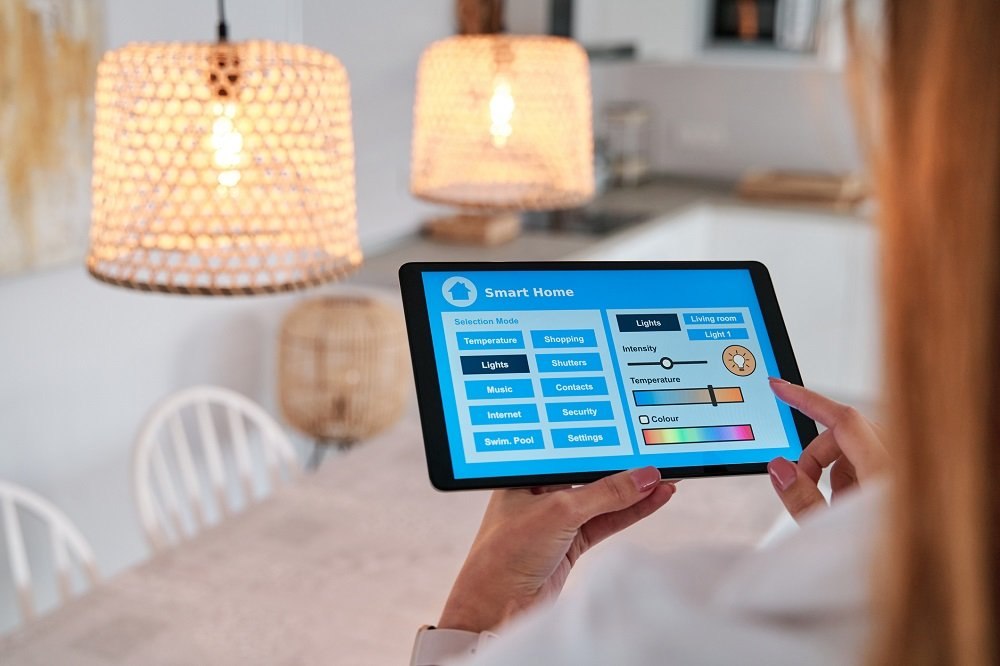YouGov’s latest technology report reveals the industries and institutions where consumers express enthusiasm for automation as well as the areas where they oppose it.
The whitepaper titled International Technology Report 2021 explores sentiments and perceptions towards AI across 17 geographies and 19,000 consumers, and aims to help public and private sector organisations plan, while acknowledging and empathizing with human aspirations and concerns.
The data shows beliefs about the impact of automation on society skew more towards positive feelings among Singaporeans. More than three in ten consumers in Singapore (32%) stated ‘Acceptance’ as the word to describe their feeling towards AI & automation, and roughly a fifth chose optimism and excitement. In comparison to this very few chose fear, confusion and unnecessary to describe their feelings towards automation.
Across the globe, eastern markets have a more favorable outlook on the impact of AI on society compared to western markets. Singaporeans are likely to believe the impact of AI on society will be equally positive and negative (51%), and only a quarter (26%) think it will be more positive. However, when compared to those who claim to be well informed about the technology, the number that foresees a “positive impact from AI” dramatically increases (to 41%), highlighting the correlation of knowledge with a positive outlook towards AI.
At a personal level, Singaporeans are comfortable with automation in their homes, in manufacturing, for online shopping and mobility, but prefer a human-led approach in areas such as medical consultations, education and government policies.
At an industry level, consumers believe AI will influence certain industries more greatly than others. The five industries that Singaporeans believe will be greatly impacted are Transportation, Manufacturing, Banking & Financial Service, Communications and Medicine. These also happen to be the top ranked industries globally in this regard. On the other hand, only a small proportion of respondents believe the effect of this technology will be profound to the fields of home, city planning and Government.
When it comes to the entities people trust to develop ethical automation solutions, we observed that consumers across the globe generally trust big, established companies over small ones, and the private sector generally more than the public sphere.
While globally Governments are among the lowest in terms of trust, Singaporeans are likely to say they trust the Government as much as they trust big established technology companies with this responsibility (40% and 39% each).
On the other hand, they are least likely to trust the non-technology sectors and foreign governments in this regard. One in ten (11%) feel no entity can be trusted at all. Therefore, building trust and credibility will be crucial for institutions to reinforce positive consumer sentiment.
Download the full report here.









